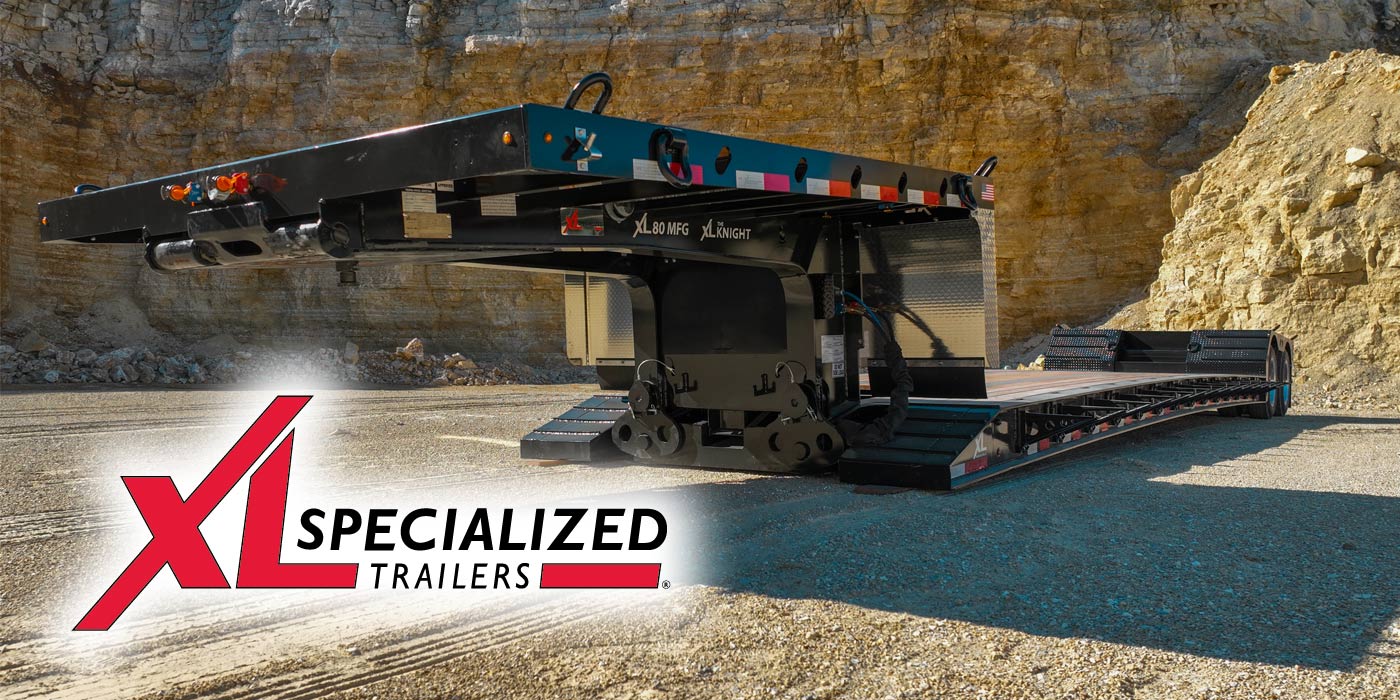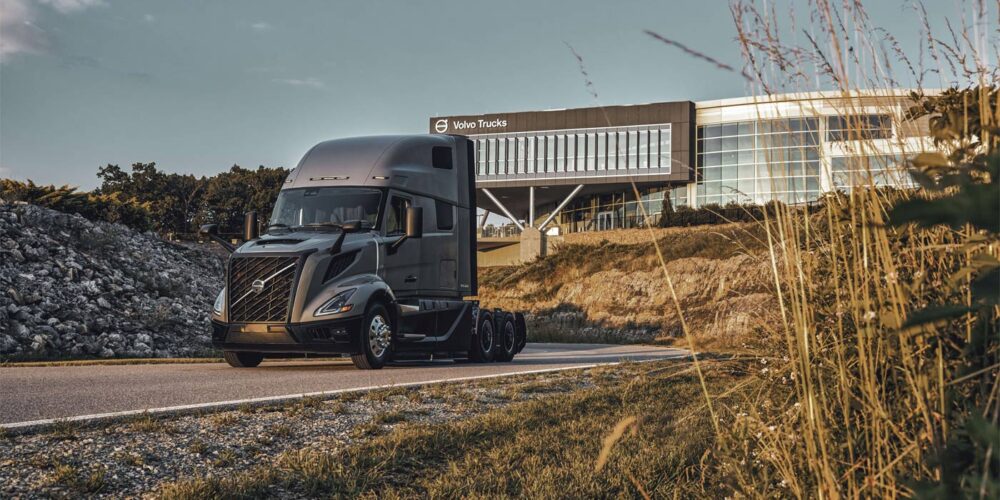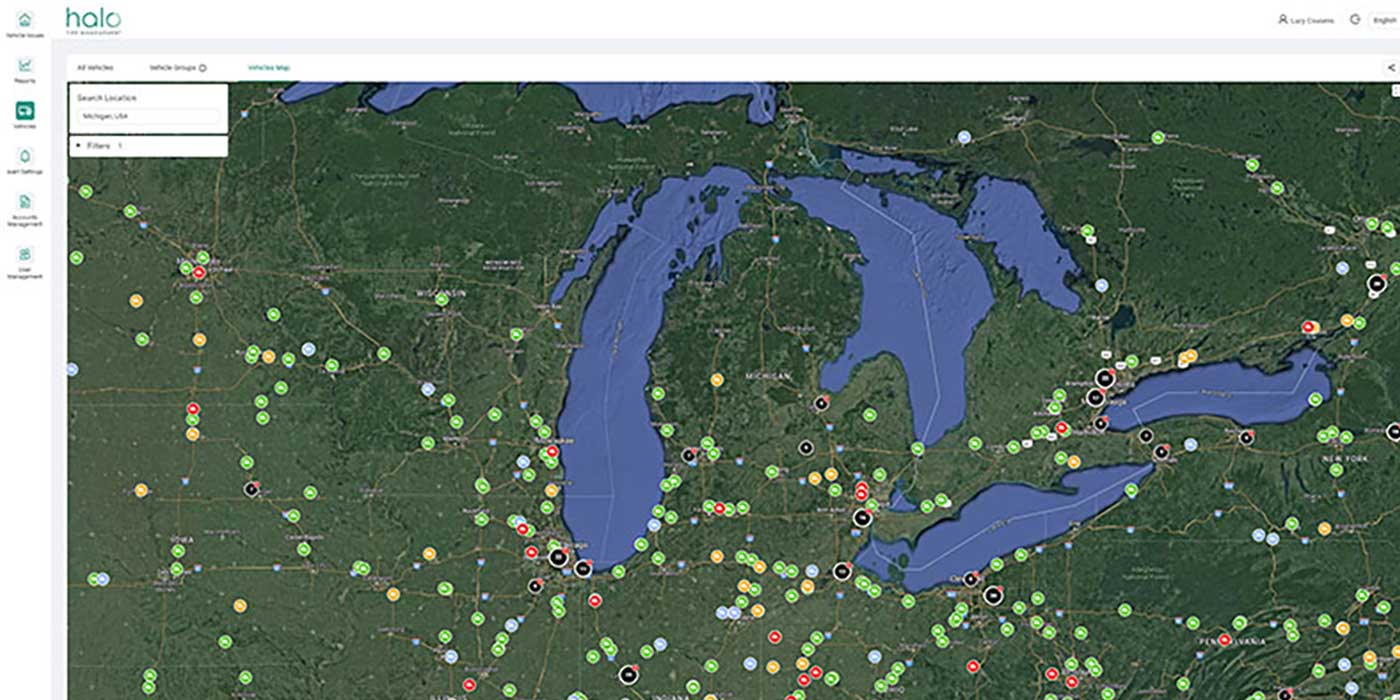As the economy has improved through 2013 into 2014, the industry has seen a steady increase in tonnage. With the average age of fleet trucks now at eight years, it is time to either replace or lease trucks. Coming off an economic slump, some fleets—who may be wary of investing in new trucks—are now leasing equipment to handle increased shipping demands.
GE Capital Fleet Services recently announced it identified $481 million in potential cost savings for customers in 2013, with customers realizing $209 million in actual savings as a result. In 2013, 43% of all identified cost savings were realized by customers, an increase of six points from 2012 indicating that fleet managers are more actively engaging in cost-cutting practices. This identified opportunity translates to $401 per vehicle across the 1.4 million vehicles under GE’s fleet management in 2013.
“We’re seeing several trending opportunities for cost savings, particularly when it comes to companies leasing vehicles and right-sizing their fleets for maximum fuel efficiency.” said Steve Jastrow, strategic consulting services manager at GE Capital Fleet Services. “With regard to vehicle cycling, fleet managers are increasingly conscious of taking advantage of the robust resale market and accelerated and optimal replacement strategies have been a big area of savings for fleets.”
In addition to replacing and leasing strategies, utilizing new products to improve operational efficiencies remains a major focus of fleets’ cost savings strategy. Buoyed by a new suite of analytical tools released by GE Capital Fleet Services late last year, fleets have specifically focused on benchmarking performance in real time, optimizing fleet performance and rightsizing vehicles via cargo rationalization.
“I believe we will see the trend towards predictive analytics continue in 2014,” said Jastrow. “As we continue to launch new products and services that deliver incremental cost and productivity savings for our customers, capturing data from those programs will continue to give us insight and will allow us to further refine fleet performance.”
The largest areas of cost savings identified by GE Capital Fleet Services are:
• Program enhancements: Utilizing products and services to properly manage time and expenses including maintenance, fuel, accident and safety costs, telematics, licensing and registration fees, and toll & violation expenses;
• Accelerated and optimal replacement: Determining the optimal time to cycle vehicles and/or utilizing a short-cycle replacement strategy to decrease vehicle depreciation and capitalize on higher value at auction;
• Lease versus reimbursement: Identifying cost-cutting opportunities to convert companies’ driver reimbursement programs into vehicle leasing programs;
• Lease versus purchase: Determining whether leasing or owning vehicles is the most cost efficient way to manage a specific company’s fleet; and
• Right sizing: Evaluating fleet needs and vehicle usage requirements to maintain a fleet that maximizes fuel cost savings while minimizing maintenance costs and deploying vehicles that better meet driver needs.
Whether fleets are leasing or purchasing, the good news the economy appears to be on rebound.













